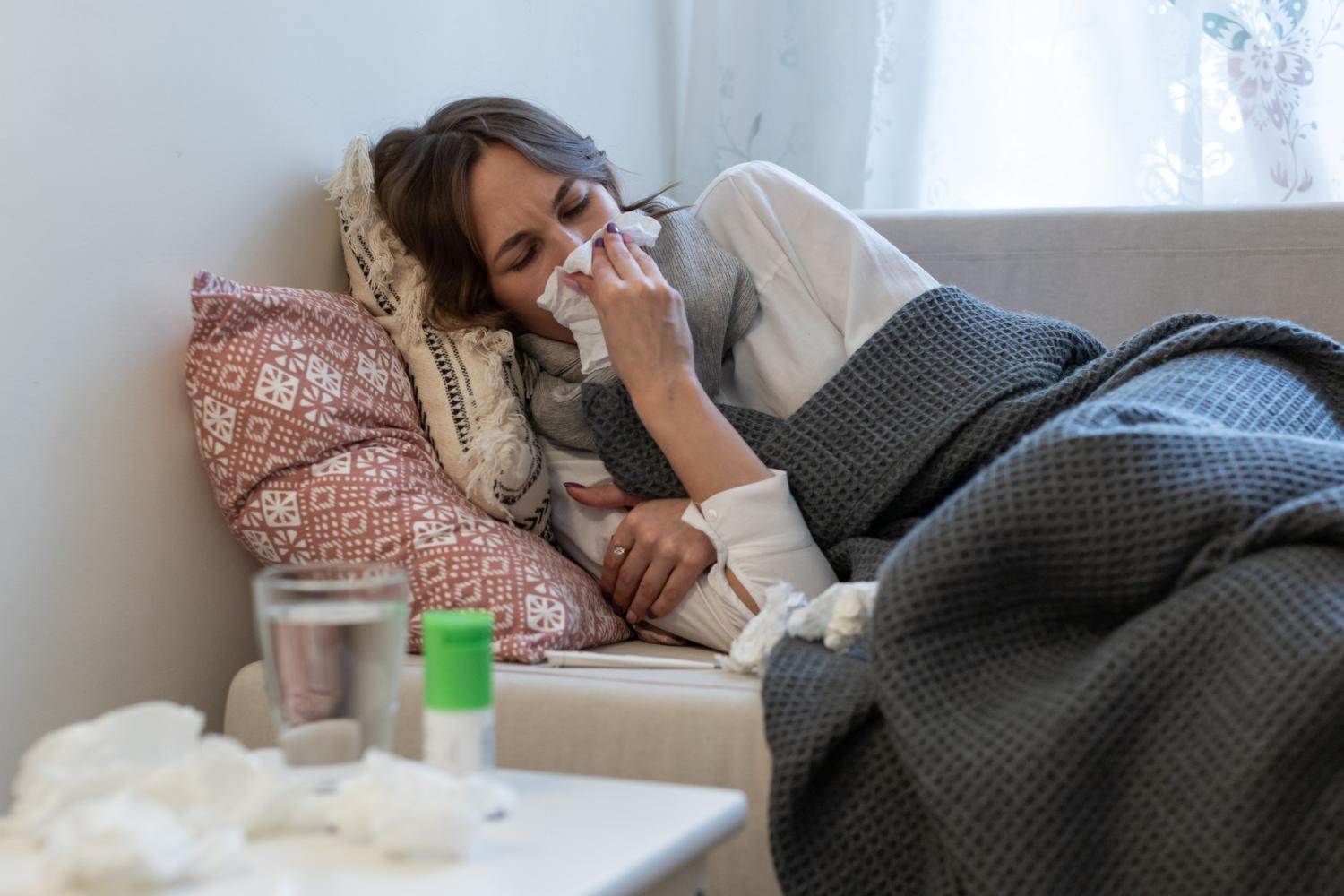Monoclonal antibodies (mAbs) given within 2 days of a COVID-19 diagnosis lowered the risk of hospitalization or death by 39%, estimates a hypothetical randomized study using observational data published today in the Annals of Internal Medicine.
University of Pittsburgh Medical Center (UPMC) researchers randomly assigned 7,706 high-risk COVID-19 patients aged 12 years and older to receive either mAbs (bamlanivimab, bamlanivimab-etesevimab, sotrovimab, bebtelovimab, or casirivimab-imdevimab) or no treatment from December 8, 2020, to August 31, 2022.
Benefit most apparent amid Alpha, Delta
The risk of hospitalization or death by 28 days was 4.6% among the 2,571 mAb recipients, compared with 7.6% among the 5,135 matched control patients (risk ratio [RR], 0.61). Estimated relative risks suggested reduced odds for hospitalization or death across all mAbs. The RR for patients with compromised immune systems, regardless of age, was 0.45.
Subgroup analyses showed that patients who received mAbs during periods dominated by the Alpha and Delta variants had estimated respective risk ratios of 0.55 and 0.53, compared with 0.71 during the Omicron period. The difference, the researchers said, likely reflects the more deadly nature of the earlier variants and lower levels of immunity earlier in the pandemic.
"Right now, COVID-19 has a relatively low risk of death for the general population, but we have seen how quickly this virus can mutate and spread," coauthor Erin McCreary, PharmD, said in a UPMC press release. "Nobody can say with certainty that a future variant won’t be more deadly. Should that happen, our real-world data give reassurance that investing in the infrastructure and health care worker knowledge to quickly give antibody treatments keeps people in the communities we serve alive and out of the hospital."
'A moving target'
The authors noted that during the study period, the US Food and Drug Administration granted and then revoked or suspended the emergency use authorization for all five mAb treatments for COVID-19 after in vitro studies showed evidence of waning efficacy against the newer SARS-CoV-2 variants, before randomized trials or real-world data were available.
Subgroup analyses showed that patients who received mAbs during periods dominated by the Alpha and Delta variants had estimated respective risk ratios of 0.55 and 0.53, compared with 0.71 during the Omicron period.
"The virus was a moving target, and, for two years, monoclonal antibodies were approved, revoked, sometimes reauthorized and sometimes scarce," lead author Kevin Kip, PhD, said in the release. "Using UPMC’s database of patients treated with monoclonal antibodies—one of the largest in the US—we are finally able to conclude that pushing through all these challenges unequivocally saved lives and prevented hospitalizations."



















